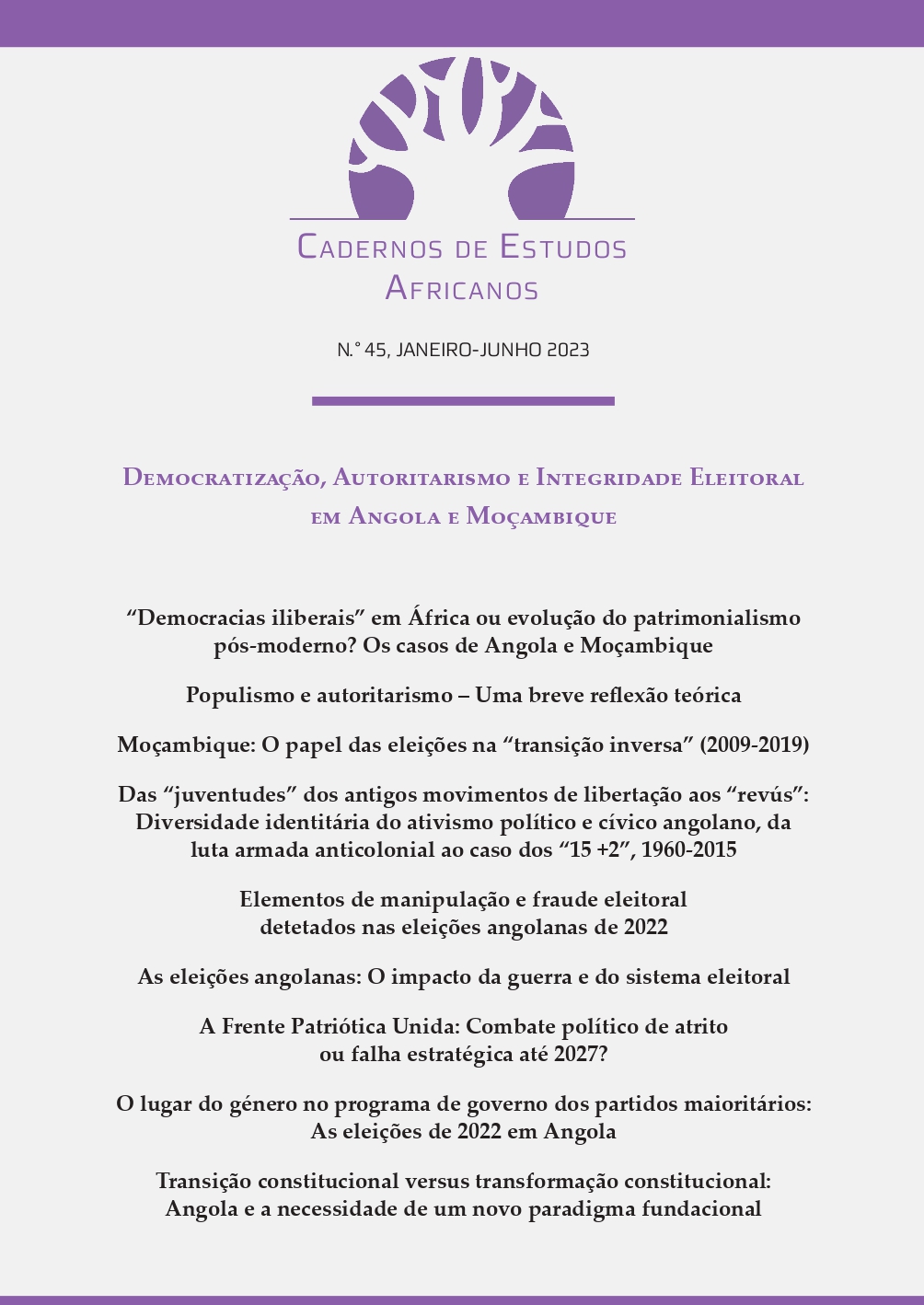Populism and authoritarianism – A brief theoretical reflection
DOI:
https://doi.org/10.4000/cea.7712Abstract
The 21st century is characterized by the re-emergence of populist solutions in various geographical areas of the world. This phenomenon does not adopt a single model but is based on a diversity of measures, rules, intensities, and ways of implementing populist governance models. The current context of measuring the quality of democracies leads us to further study political systems and the various elements used to assess democratic regimes. In the academic approach, we can find significative contributions on the evolution of political regimes and on the analysis of the exercise of political power, and this theoretical contribution focuses on three topics: discussion of the concept of “populism” within the framework of contemporary democracies; the framing of populism within the plural dimension of the functioning of democracies, and the progressive space that populism has conquered within the framework of more unstable political regimes.
Downloads
Published
Issue
Section
License
Copyright (c) 2024 Cadernos de Estudos Africanos

This work is licensed under a Creative Commons Attribution-NonCommercial-ShareAlike 4.0 International License.
I authorize the publication of the submitted article/review of which I am the author.
I also declare that this article is original, that it has not been published in any other way, and that I exclusively assign the publication rights to the journal Cadernos de Estudos Africanos. Reproduction of the article, in whole or in part, in other publications or on other media is subject to the prior authorization of the publisher Centro de Estudos Internacionais do Iscte - Instituto Universitário de Lisboa.

